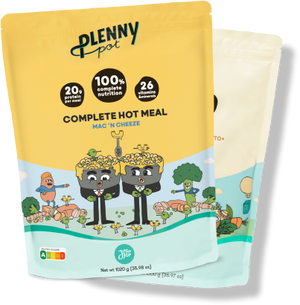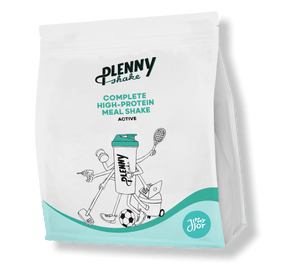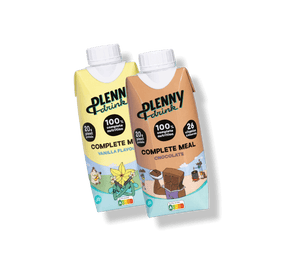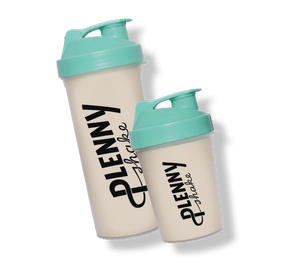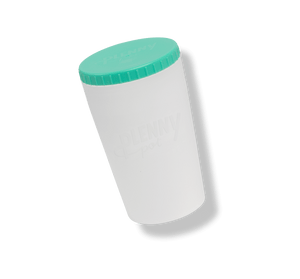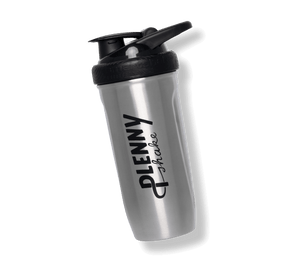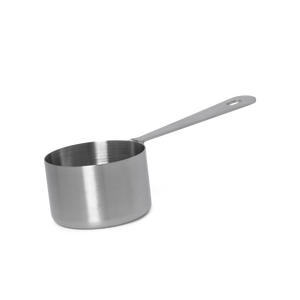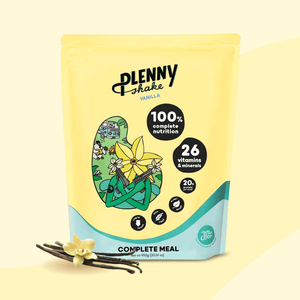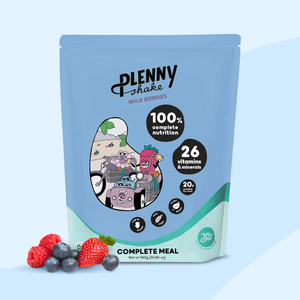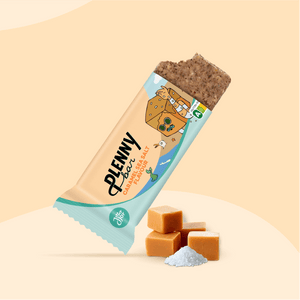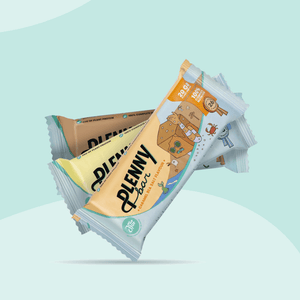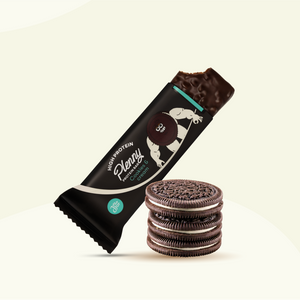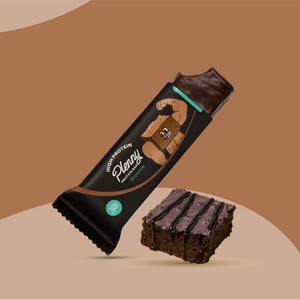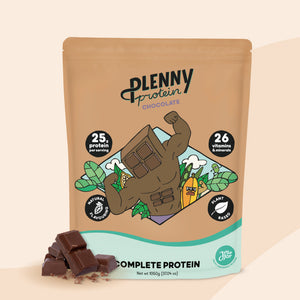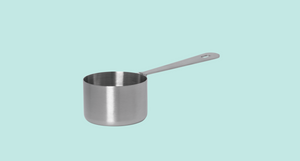So… What is inflammation?
In simple terms, inflammation is a process that occurs when your body tries to heal itself in response to something harming it, like an injury, an infection, or toxins. In more sciencey terms, inflammation happens when a change unfamiliar to your body (e.g. a herniated disc or infected wound) results in a chemical response from your body to fight back.

This includes the release of antibodies and proteins, and triggers increased blood flow to the affected area. Increased blood flow results in more white blood cells, which release toxins to kill any microorganisms in their path - not just the unwelcome pathogens, but also their adjacent cells, regardless of whether they are sick or healthy. [1]

While this white blood cell rampage seems scary, it only happens to protect, heal, and cleanse your body from bad stuff. Like that movie 'The Purge’, but inside your body instead of an annual 12-hour period in the United States during which all criminal activity is legal. Or something like that. [1] 🤫
This process typically lasts a few hours to a few days and is known as acute inflammation. This is a necessary step in the body’s natural healing process. However, if the inflammation process is prolonged, it turns into chronic inflammation. This leaves your body at a constant state of alert, and studies suggest that this may lead to DNA damage, or even cancer [2]. 🧬🙁
Inflammatory Diseases
There are some conditions in which chronic inflammation persists. These are, amongst others, asthma, tuberculosis, and Crohn’s disease [1]. While some of these conditions cannot be cured, their symptoms can potentially be reduced with the correct medication, or in accordance with an anti-inflammatory diet.
The Role of Nutrition
Various studies have been conducted with the aim of finding the optimal anti-inflammatory diet. Oregon State University combined the results of many of these studies that observed specific indicators of inflammation, to see how the body responds to various nutrients. The findings found that the following all reduced inflammation [1]:
- A low cholesterol diet. That means less alcohol, more fruits and veggies, and yummy guac instead of a Big Mac. 🍔❌
- A low glycemic-index diet, as foods with a high glycemic index (GI of 70 or higher) will increase blood sugar and result in increased inflammation [3]. Foods with a high GI include white bread, rice crackers, bagels, and croissants. If you would like to learn a bit more about Jimmy Joy’s GI, check out our diabetes blog.
- Omega-3 fatty acids, which can be found in fish, flaxseeds, walnuts, and canola oil. 🐟
- Arginine, an amino acid found in meat, fish, dairy, and eggs. Vegetarian or vegan? You’re in luck! The main ingredient in our Plenny Shake is oatmeal - a cereal that’s full of not only arginine but is also packed with fiber, which can help protect against the development of some inflammatory diseases like type-2 diabetes and cardiovascular disease. 🥩🥚🧀🧡
Now, for the real fun; micronutrients. Not only do they sound cute, but they are also the real winners. In short, if you have the recommended daily allowance of these, your body will be healthier and better-placed to combat chronic inflammation.
Vitamin C is not only a good antioxidant, but trials have also found that individuals who took Vitamin C supplements experienced less inflammation than those who did not. It can also help protect against a number of diseases with inflammatory components, from coronary heart disease to gout 🍊. Similarly, tests show that those who don’t consume their recommended daily allowance of magnesium tend to experience increased inflammation. Vitamin D deficiency has been linked to cardiovascular disease and inflammatory bowel diseases (such as Crohn’s), and a component in Vitamin E uses a bunch of complicated biochemical mechanisms to successfully counter the effects of inflammation in cardiovascular disease and rheumatoid arthritis. Additionally, lipoic acid has also shown to reduce inflammation. It appears naturally in the body, but can also be obtained by eating tomatoes, green leafy vegetables, and cruciferous vegetables. Since most people don’t fulfill their daily requirements of any of these sexy micronutrients, simply taking multivitamin supplements has been found to significantly ease inflammation as well. Now, if only there was a way to get all these vitamins into your body in one quick and tasty meal replacement…
Some micronutrients come from plants being bros and creating chemicals that could be useful for human health. We call them phytochemicals because they keep you phyt. Hehe.
Carotenoids (pronounced ‘carrot-eh-noids’) are phytochemicals that make many things yellow, orange, red, or pink. Example foods are carrots (duh), tomatoes, pumpkins, berries, shrimp. Flamingos even get their color from the food they eat. These all counteract inflammation (but don’t go eating flamingos now). Flavonoids, found in soy, berries, tea, apples, chocolate, onions, and many others, may also have an anti-inflammatory effect [4]. Other studies point to curcumin (turmeric), garlic, and ginger as being helpful against chronic inflammation.
Some Help From Us
We have been receiving numerous messages and reviews from people with inflammation-related diseases such as Crohn's, reporting to be experiencing less inflammation because of Jimmy Joy.
Marcella says: “Not only is it very tasty, but I have Crohn's disease and my body can hardly do anything. Eating only solid food, I lost 17 pounds in a few months and I just can't eat normally (I'm full by default, don't feel hungry). Then I discovered your products 2 months ago! I now live completely on it and my stomach can handle this a lot better. And I finally don't lose that much anymore. So thank you 🙏🏻”
Since we didn’t conduct a clinical trial in relation to inflammation ourselves, we can’t state for certain that Jimmy Joy is anti-inflammatory. Whether they will reduce your inflammation depends on your body’s individual needs. However, our products' ingredients do include anti-inflammatory components.
Specifically the Plenny Shake Active may be your best bet because of its low glycemic index and it being free from aromas. It is packed with vitamins and healthy fatty acids like omega 3, which are consistently found to improve your health, and oats, and soy, which studies point to as having anti-inflammatory qualities.
We are hoping for more research (with human subjects) to come out in the future so that we can keep you updated and give you more detailed research regarding inflammation. But for the time being, we hope to have informed you well enough to come to your own conclusion as to whether Jimmy Joy is right for you and your condition.
Reviews From People with Inflammation-Related Diseases

Sources
- [1] Oregon State University (2020). Inflammation. From: https://lpi.oregonstate.edu/mic/health-disease/inflammation
- [2] National Cancer Institute (2015). Risk Factors: Chronic Inflammation. From: https://www.cancer.gov/about-cancer/causes-prevention/risk/chronic-inflammation
- [3] Harvard Health Publishing (2020). A good guide to carbs: The glycemic index. From: https://www.health.harvard.edu/healthbeat/a-good-guide-to-good-carbs-the-glycemic-index
- [4] Oregon State University (2020). Flavonoids. From: https://lpi.oregonstate.edu/mic/dietary-factors/phytochemicals/flavonoids#table-1

 Alles wat je nodig hebt in één maaltijd
Alles wat je nodig hebt in één maaltijd
 Zit vol voor 3-5 uur
Zit vol voor 3-5 uur





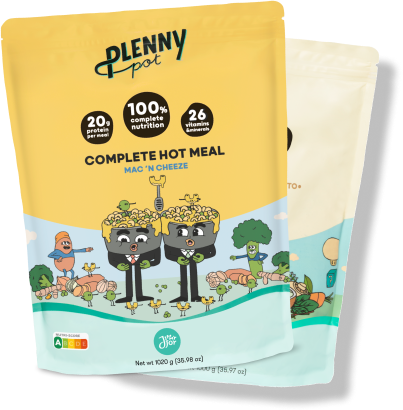

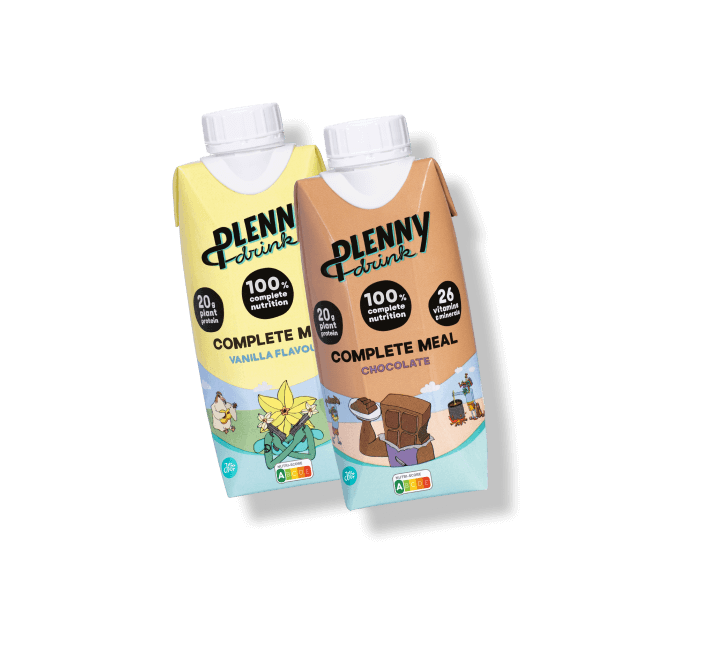
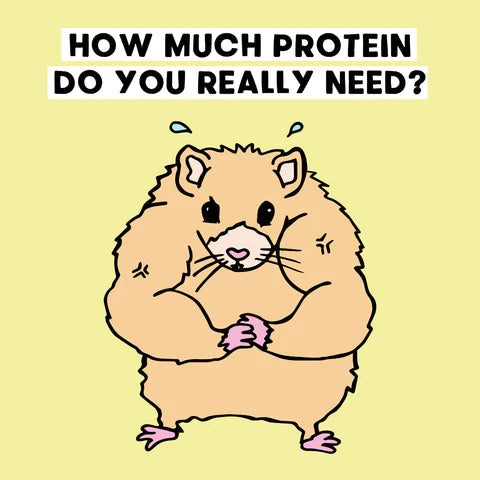








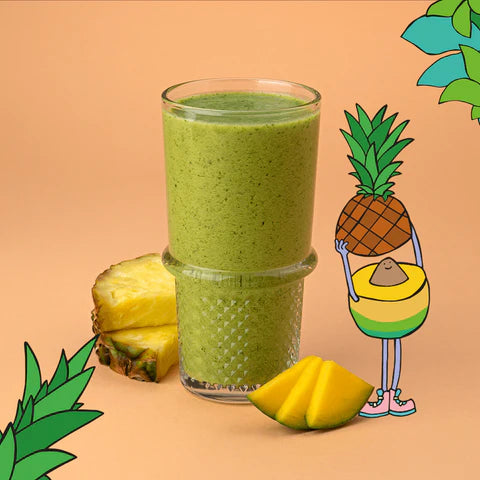


 Toegevoegd aan winkelwagen
Toegevoegd aan winkelwagen




